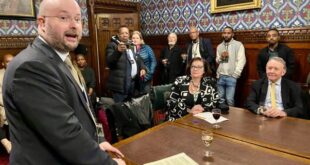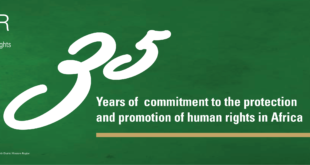Author: Zachary Laub
Tens of thousands of Eritreans have arrived at Europe’s shores in recent years seeking asylum. They make up a significant share of the unprecedented stream of migrants and refugees making their way to the European Union, undertaking dangerous journeys while challenging the bloc to find a collective response consistent with the protection principles embodied in international law.
Many more Eritreans reside in neighboring Ethiopia and Sudan, bringing the diaspora to about half a million, and making the country of six million people “one of the world’s fastest-emptying nations,” according to the Wall Street Journal. The scale of the migration has heightened Western interest in conditions inside one of the world’s most closed countries, where those who have fled describe a long-standing system of forced labor, among other human rights violations, that a UN commission said “may constitute crimes against humanity.”
Five thousand Eritreans leave the country each month, the UN commission found, making it one of the world’s top producers of refugees.
How is Eritrea governed?
Eritrea, Africa’s second-newest state, came into being in 1991, when the Eritrean People’s Liberation Front (EPLF) broke away from Ethiopia after three decades of guerrilla struggle. Its independence was codified in a 1993 popular referendum backed by the UN. Isaias Afwerki, a guerrilla leader, became president and remade the EPLF as the People’s Front for Democracy and Justice (PFDJ). The PFDJ remains Eritrea’s only legally sanctioned political party.
Eritrea’s political culture was forged in the liberation struggle, when the guerrilla movement had little international backing and considered any dissent a threat to its survival, according to the International Crisis Group. The one-party system, a holdover from Eritrea’s tumultuous birth, became entrenched as the military and ruling party refused to relinquish their privileged positions, citing external threats to the young country’s survival. National development, rather than democratic governance, was the first priority for the economically ravaged country. Though the country’s rulers convened a legislature, which ratified a draft constitution in 1997, the legislature remained without authority and the constitution was never implemented. Nor were promised national elections ever held.
–
Read more…..CFR
 ELL Eritrean Lowland League
ELL Eritrean Lowland League



